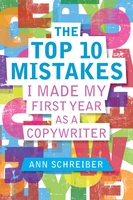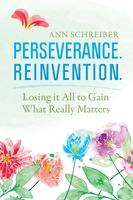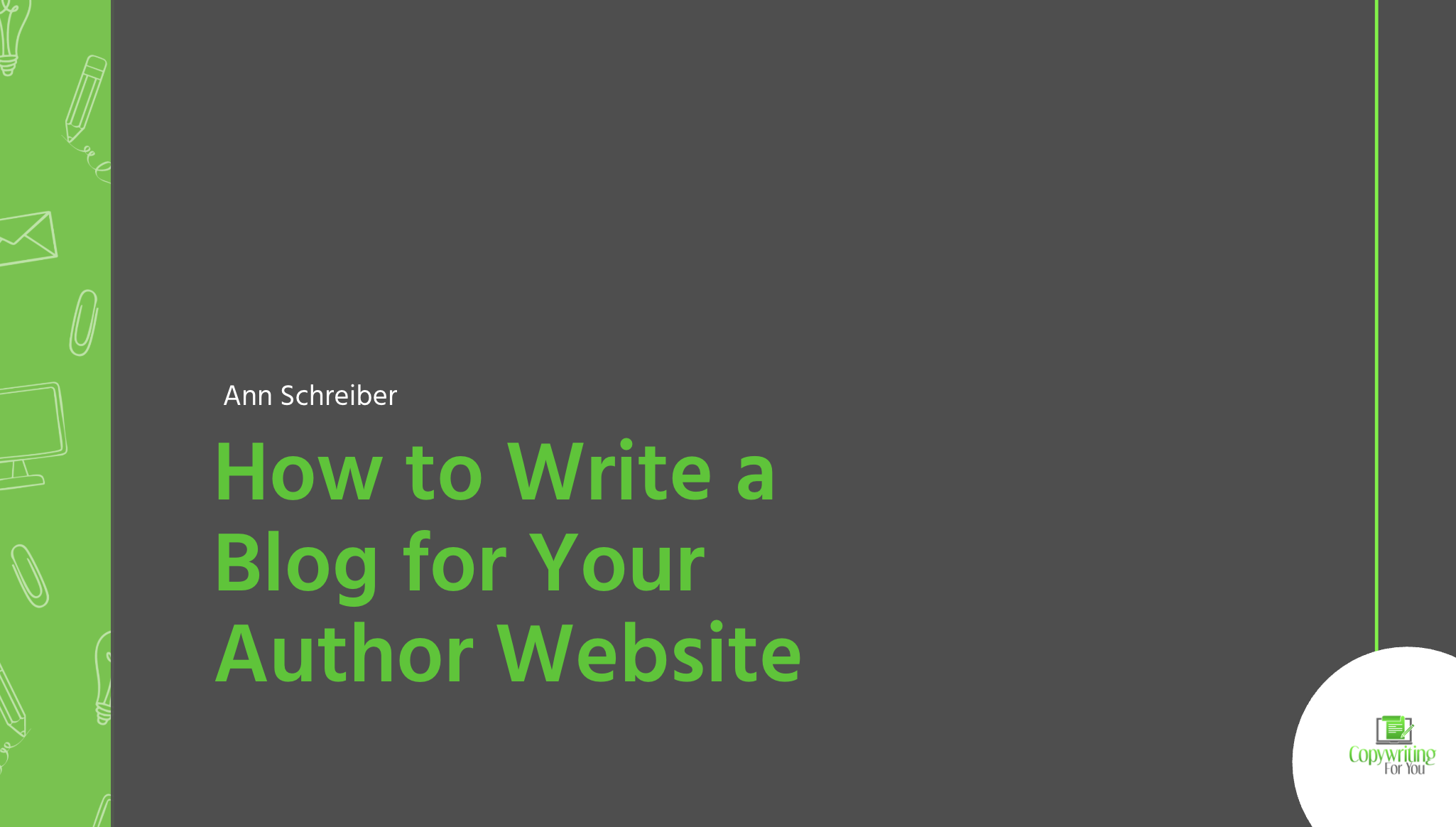Last weekend, I had the absolute pleasure of presenting at the Rosemount Writer’s Festival in Rosemount, MN. The event was packed with passionate authors, eager learners, and a lot of coffee (because let’s be honest—writers run on caffeine and deadlines).
My workshop, “How to Write a Blog for Your Author Website,” explored why blogging isn’t just a fun extra—it’s an excellent tool for expanding your reach, building credibility, and, yes, selling more books.
So, if you couldn’t make it, no worries! I’m about to break down exactly why your author website needs a blog and how to get started (minus the PowerPoint clicker and my occasional tech struggles).
Why Your Author Website Needs a Blog
Let’s talk numbers, because stats don’t lie:
- 7.5 million blog posts are published every single day.
- A blog increases your chances of ranking higher in search by 434%.
- Businesses that blog see twice as much email traffic as those that don’t.
- 59% of people will share an article without reading it first. (Yes, really.)
- 95.9% of bloggers promote their posts on social media.
What does this mean for you? Blogging puts your author website in front of more readers—not just your loyal fans but also those who haven’t yet discovered your work.
Here’s what an author blog does:
- Expands Your Reach: Search engines (aka Google) love fresh content. A blog gives your website a steady stream of new material, making it more likely to show up in searches.
- Establishes Authority: Regularly posting insightful content builds credibility. Whether you’re a fiction writer, poet, or non-fiction author, blogging shows that you know your stuff.
- Deepens Reader Engagement: Readers love a behind-the-scenes look at their favorite authors. A blog is a space where you can connect with them beyond your books.
- Boosts Long-Term Visibility: Unlike social media posts that disappear into the void, blog content stays searchable and relevant for years.
- Drives Book Sales: A well-written blog post can naturally lead readers to your books—without feeling like a sales pitch.
What Should You Blog About?
One of the biggest questions I got at the festival was, “What do I even write about?” Don’t overthink it! Your blog is a space to share your journey, insights, and personality.
Here are some great blog topic ideas for authors:
- Behind-the-Scenes of Your Book: Share your writing process, character inspirations, deleted scenes, or fun facts that didn’t make it into the final draft.
- Writing Tips & Lessons Learned: Offer advice on storytelling, publishing, or overcoming creative challenges. Writers love to learn from other writers.
- Personal Stories & Interests: Let readers see the person behind the book! Share your hobbies, travels, or experiences that shape your writing.
- Book-Related Content: Discuss themes from your book, create reading guides, share fan reactions, or recommend similar books.
- Updates & Announcements: Promote new projects, book signings, events, or special offers while keeping readers engaged between releases.
The Art of Writing a Blog Post (That People Will Actually Read)
Here’s the kicker: blogging isn’t like writing a book.
With a book, you have the luxury of building a world or argument over pages. A blog? You have seconds to grab attention. If your reader can’t skim it easily, they’re clicking away.
So, here’s how to make your blog posts skimmable and engaging:
- Keep it concise: Blog posts typically range from 500 to 1,400 words. For quick updates, 500-800 words is ideal, while in-depth topics can go longer.
- Use headers: Nobody likes a wall of text. Break up sections with clear headings so readers can easily find what interests them.
- Write conversationally: Think of it as a chat with a fellow book lover—not a formal essay. A relaxed, engaging tone keeps people reading.
- Include links: Internal links (to your past blog posts or book pages) and external links (to reputable sources) help build credibility and boost SEO.
- Make it easy to skim: Use bullet points, numbered lists, and bolded key phrases so readers can absorb takeaways quickly.
- Use keywords strategically: Search engines need clues about your content. Sprinkle in relevant keywords, but make it feel natural.
- Incorporate images: A blog post with at least one high-quality image performs better. Plus, adding alt text improves accessibility.
- Always end with a Call to Action (CTA): Whether it’s encouraging comments, newsletter signups, or book purchases—tell your readers what to do next!
Ready to Start Your Blog? I Can Help!
Blogging is one of the best ways to grow your audience, build your author brand, and keep readers engaged between book launches. But it can also feel overwhelming—especially when you’re already balancing writing, marketing, and everything else that comes with being an author.
If you need help getting started, I’ve got you covered. I can help authors create compelling, search-friendly blogs that attract readers and sell books.
Schedule a consultation today, and let’s get your blog working for you!



